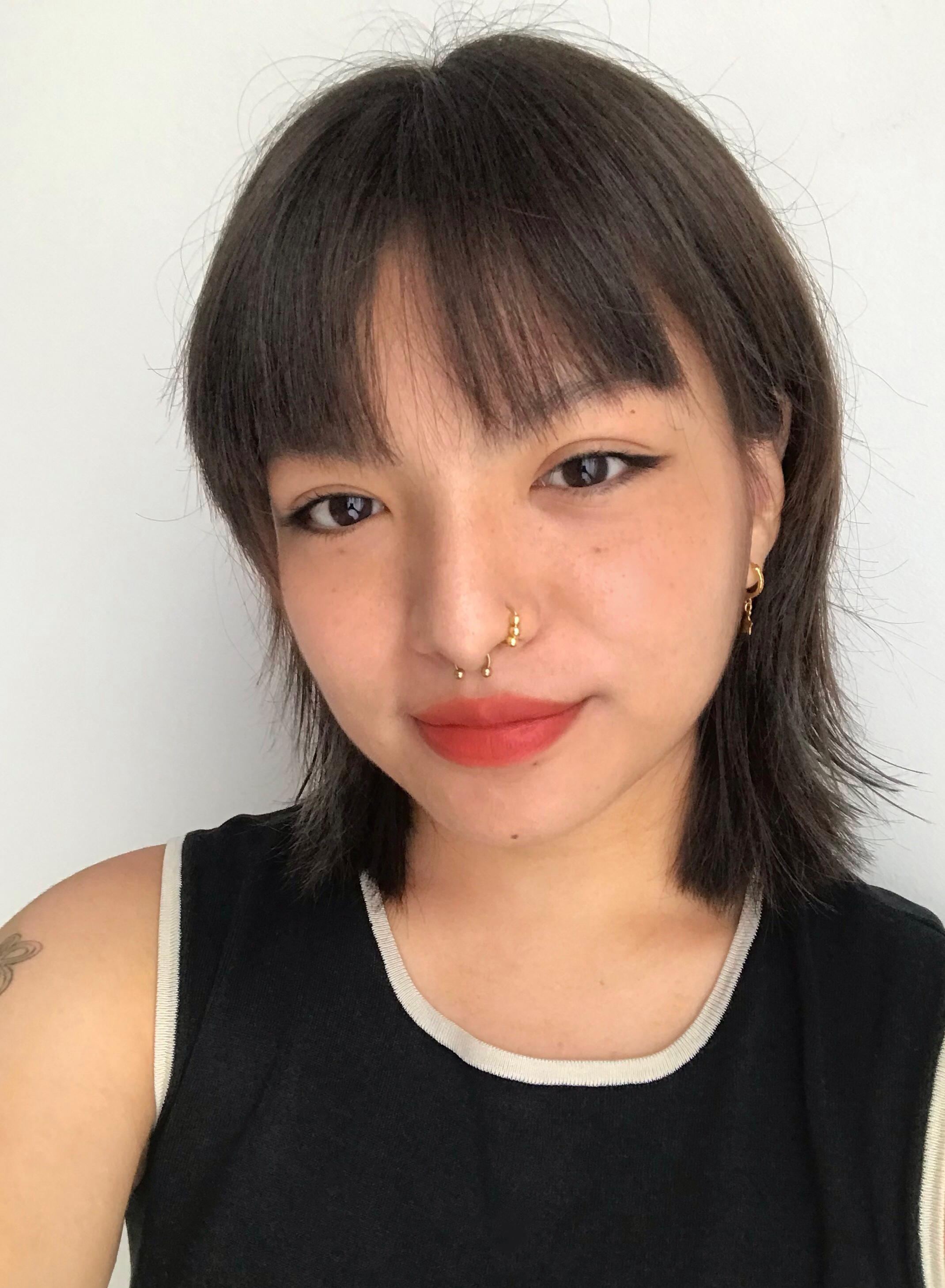Part of the ‘My Story’ series of reflections by Student Success Diversity Mark Officers.
“Second gen immigrant. British Asian. Working-class. Nepali. All terms I’ve grown to associate myself with. All terms that uniquely shape the way I view the world.
Growing up around peers that did not identify how I did quickly made me feel alienated. I grew angry and turned to blame myself, wrapping myself up in what seemed like a warped cycle of shame. I began hiding myself for white comfort, silencing myself for white comfort, playing to white comfort. The conditioning I masked as assimilation delighted those around me. I felt ‘normal’ for a change. Yet why did I feel so numb inside?
The push-and-pull of identity left me feeling hopeless. That heavy feeling of something I couldn’t name weighed on my shoulders throughout my academic journey. This learned helplessness left me at a stand-still. That longing feeling of belonging never went away.
Going into university as an Anthropology student, I was eager with excitement for a course that I’d hoped would be like a breath of fresh air. Still, when I arrived, I was faced with reading lists that can only be described as predominantly pale, male, and stale. I began asking myself, ‘Why do we only learn about non-White theorists when on the topic of race? Why is it that female theorists only appear on slides relating to gender?’. However, these burning internal questions were to no avail. I sat back in my seat and made no conversation of it- a pang of the helplessness I had grown so used to.
After receiving the email confirming my place as a Diversity Mark Officer, that burdensome feeling of something I couldn’t quite name began to lift. Finally, the doors had opened. To the space where I could make conversation and I wouldn’t be dismissed. To the space. where I wouldn’t just be seen, but heard.
The Diversity Mark project and its drive to reduce cultural change across higher education emphasises that acknowledging the presence of diverse backgrounds is not enough. What we need is demonstrable progress and clear change.
It’s time to prioritise the concerns of BIPOC students, mature students, disabled students. The concerns of care-experienced students, LGBTQ+ students, working-class students, of immigrant students. Of every student whose concerns have not been prioritised.”

